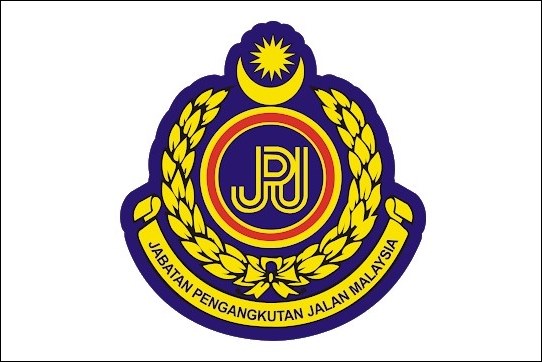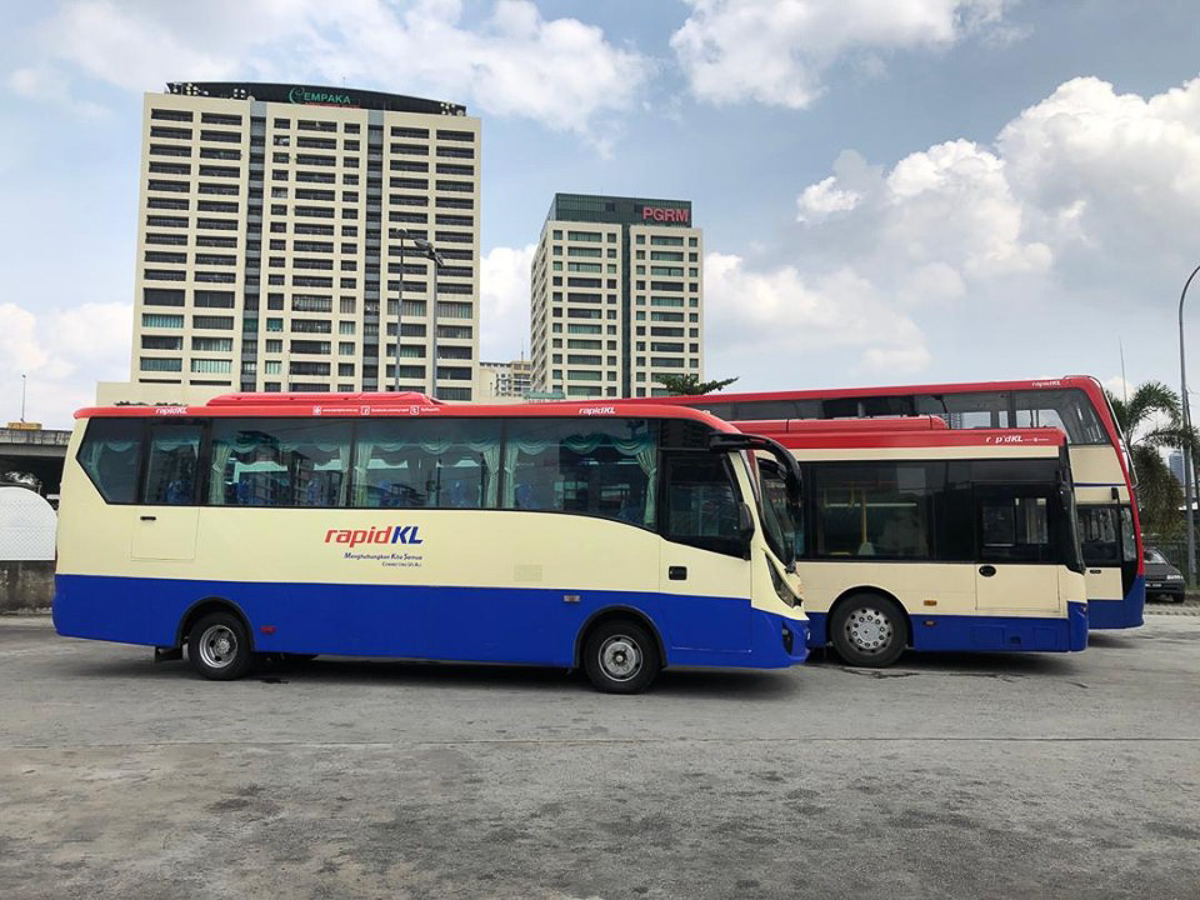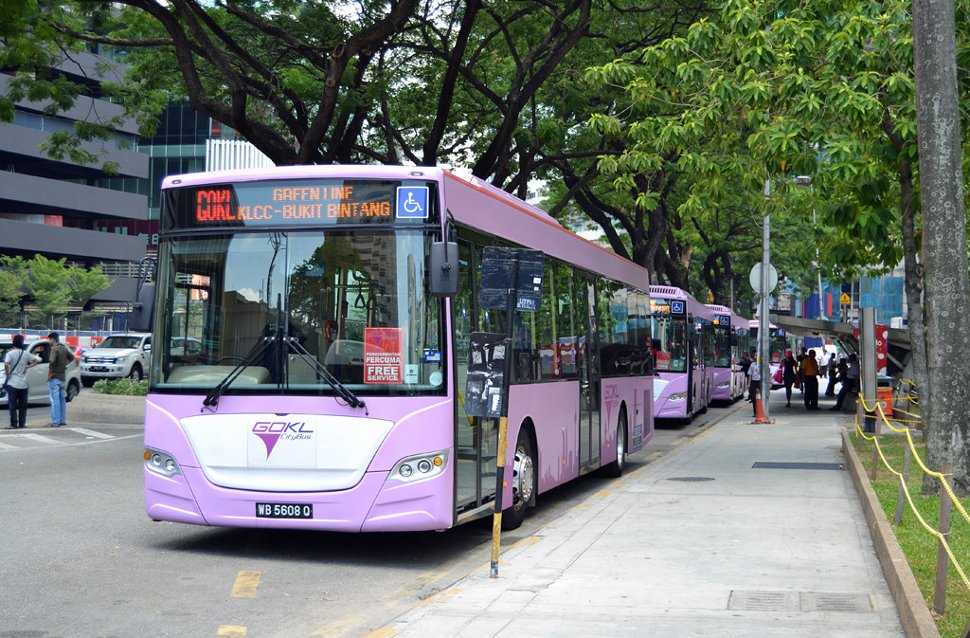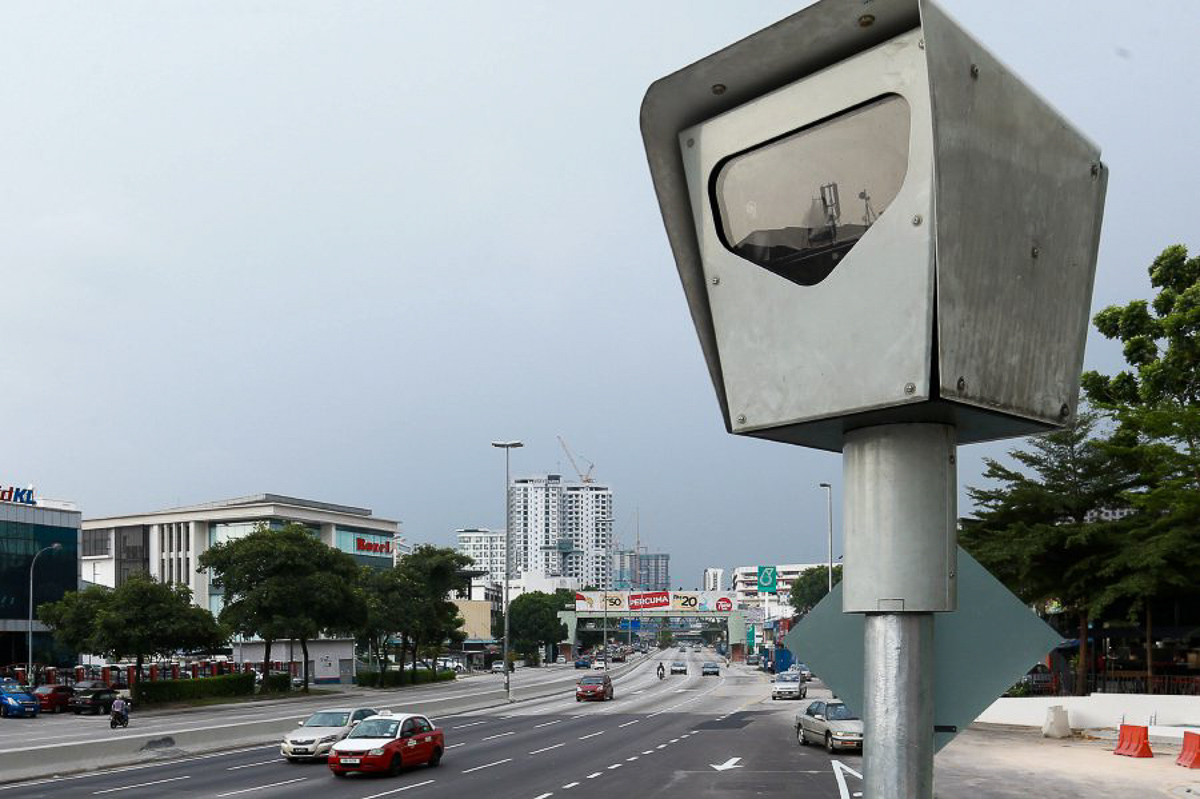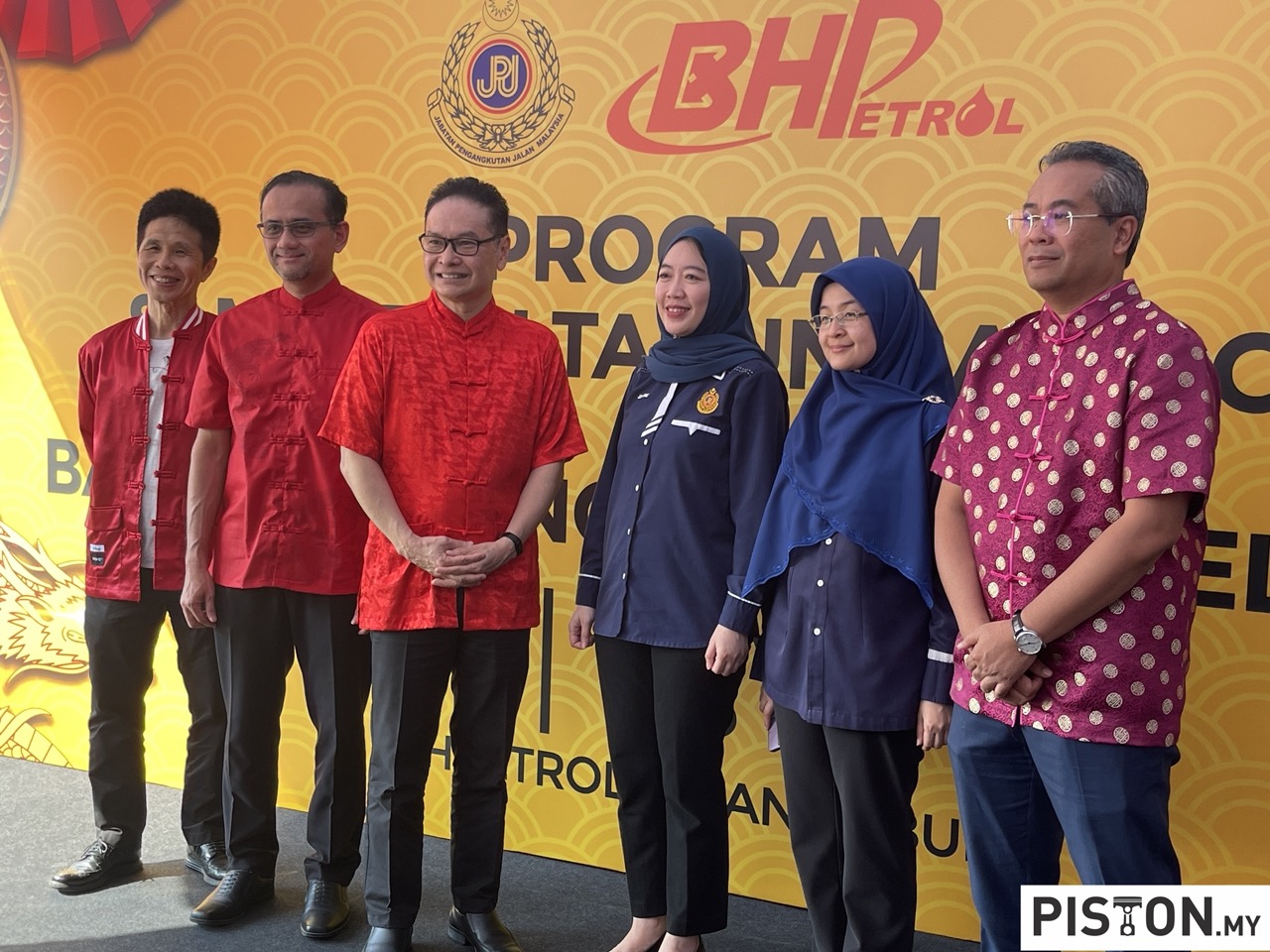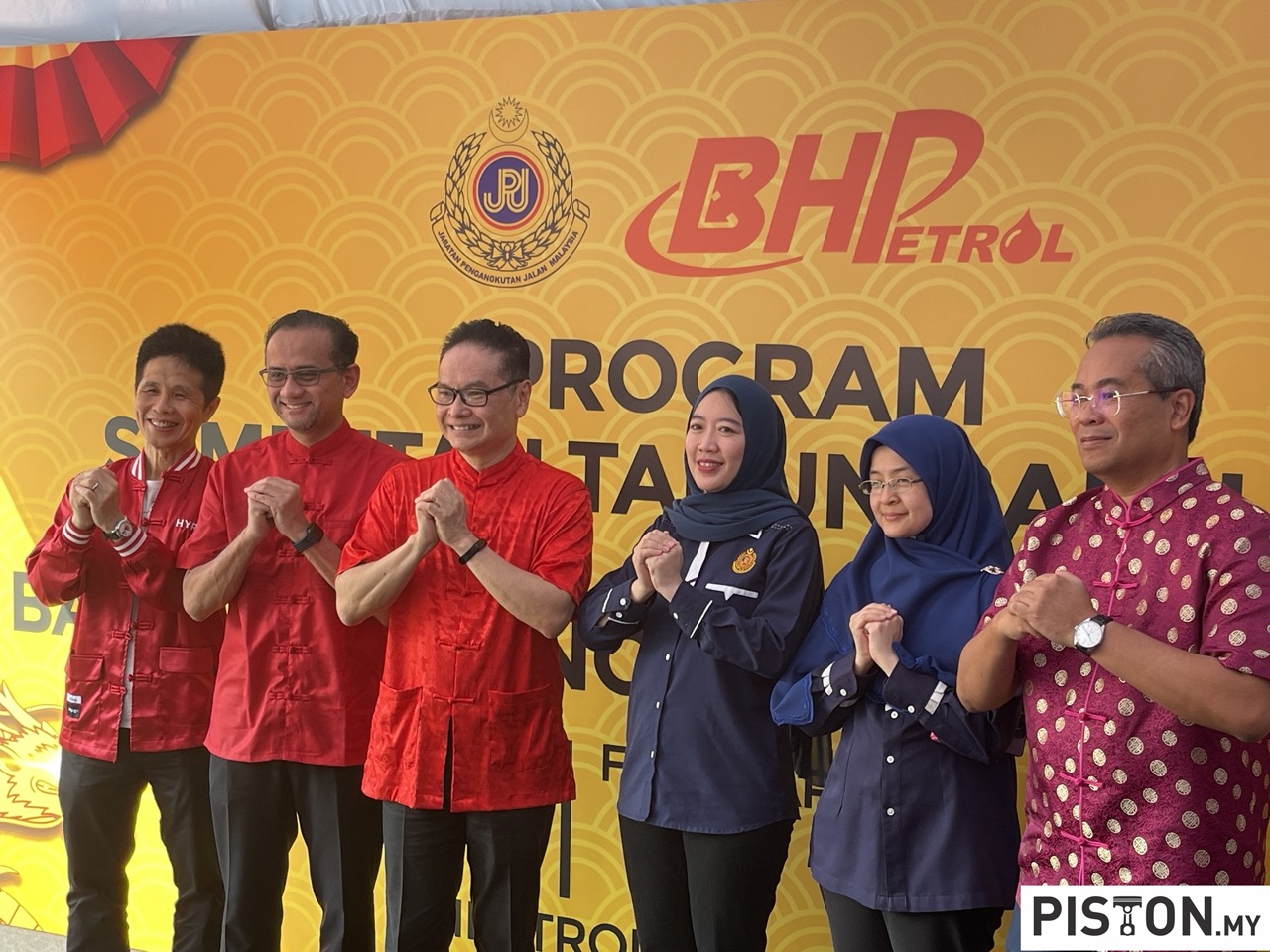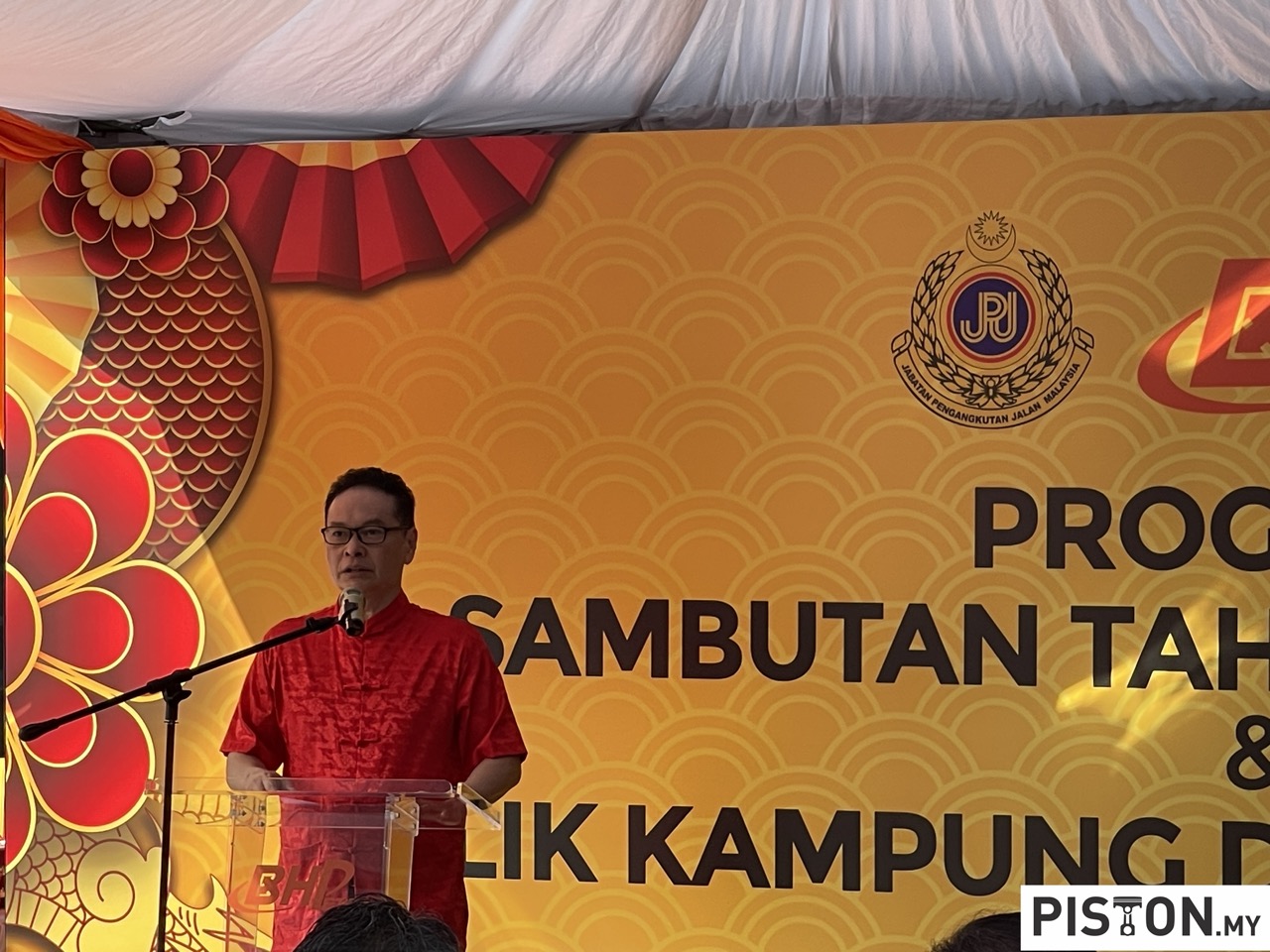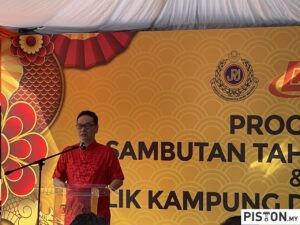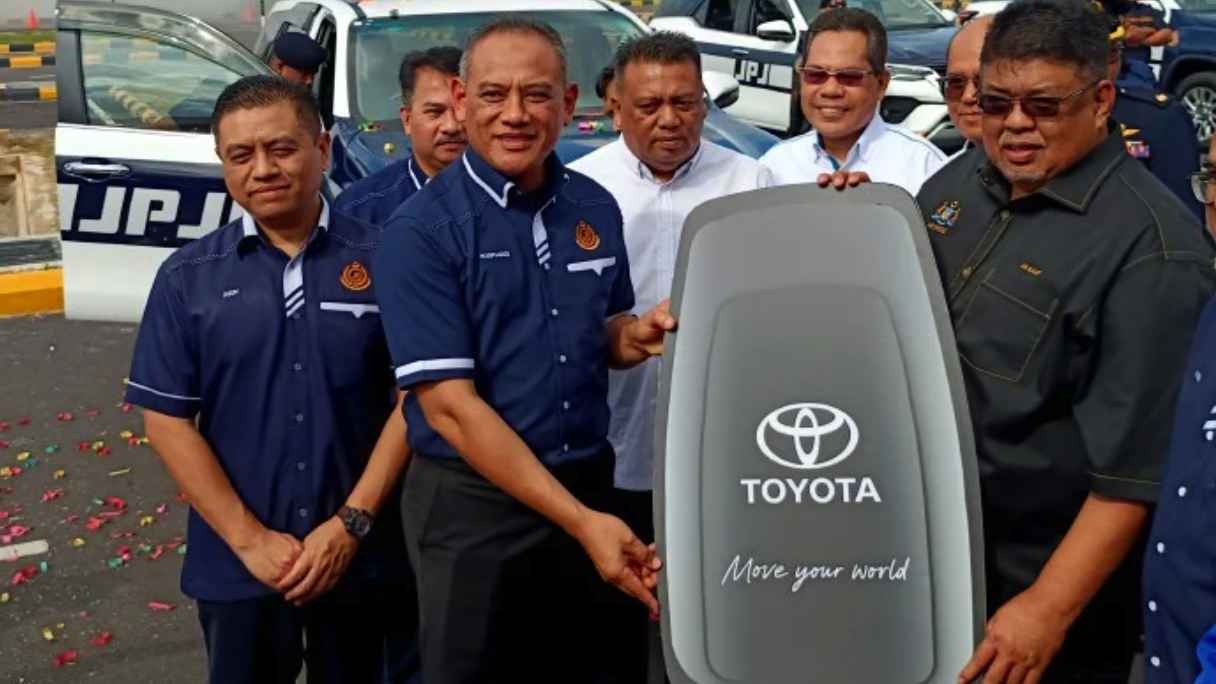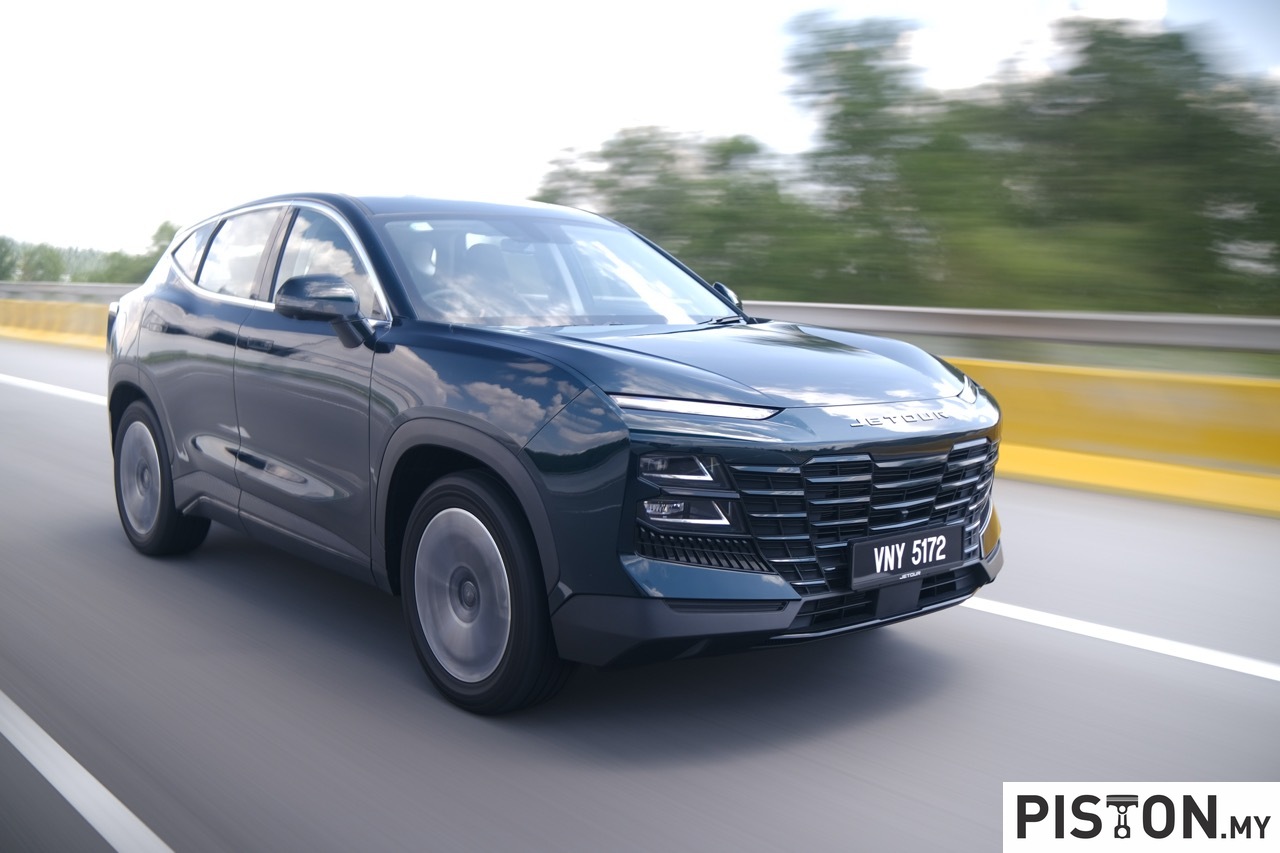Jabatan Pengangkutan Jalan Malaysia (JPJ) telah mengeluarkan kenyataan berhubung BJAK Sdn Bhd (BJAK) dan perkhidmatan transaksi pembaharuan cukai jalan yang tidak dibenarkan. Menurut JPJ, iklan BJAK di laman web dan platform media sosialnya berhubung perkhidmatan pembaharuan cukai jalan adalah palsu.
JPJ menegaskan BJAK tidak pernah mendapat kelulusan daripada Kementerian Pengangkutan Malaysia (MOT) atau JPJ untuk menyediakan perkhidmatan pembaharuan cukai jalan kepada orang ramai. Beberapa aduan telah diterima oleh JPJ daripada orang ramai berhubung perkhidmatan BJAK termasuk kes pembaharuan cukai jalan dimulakan melalui laman web BJAK tetapi tempoh sah laku cukai jalan tidak dikemas kini.
BJAK mengiklankan perkhidmatan transaksi dalam talian untuk Lesen Kenderaan Bermotor (LKM) atau cukai jalan, termasuk program cukai jalan percuma. Bagaimanapun, JPJ menjelaskan bahawa tiada integrasi sistem antara sistem JPJ (MySIKAP) dan sistem yang digunakan oleh BJAK. Selain itu, aduan telah diterima mengenai caj tambahan yang dikenakan oleh BJAK semasa urus niaga pembaharuan cukai jalan.

